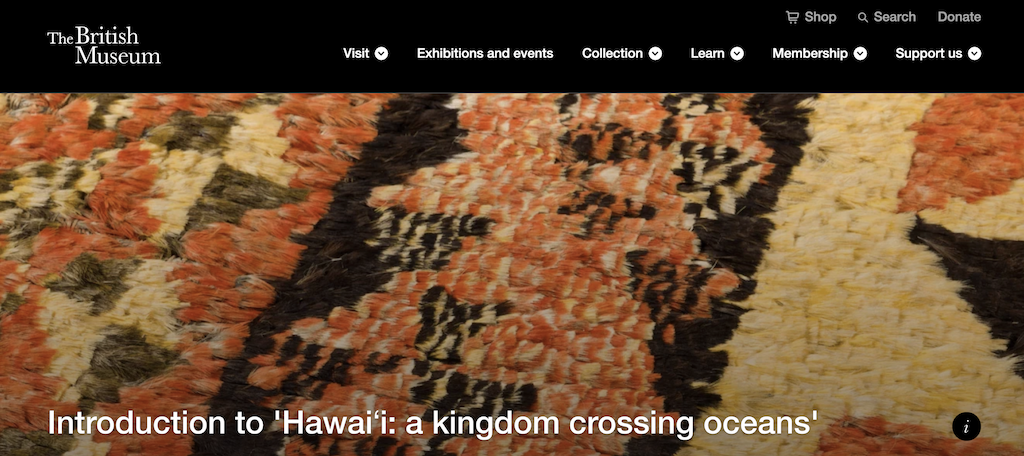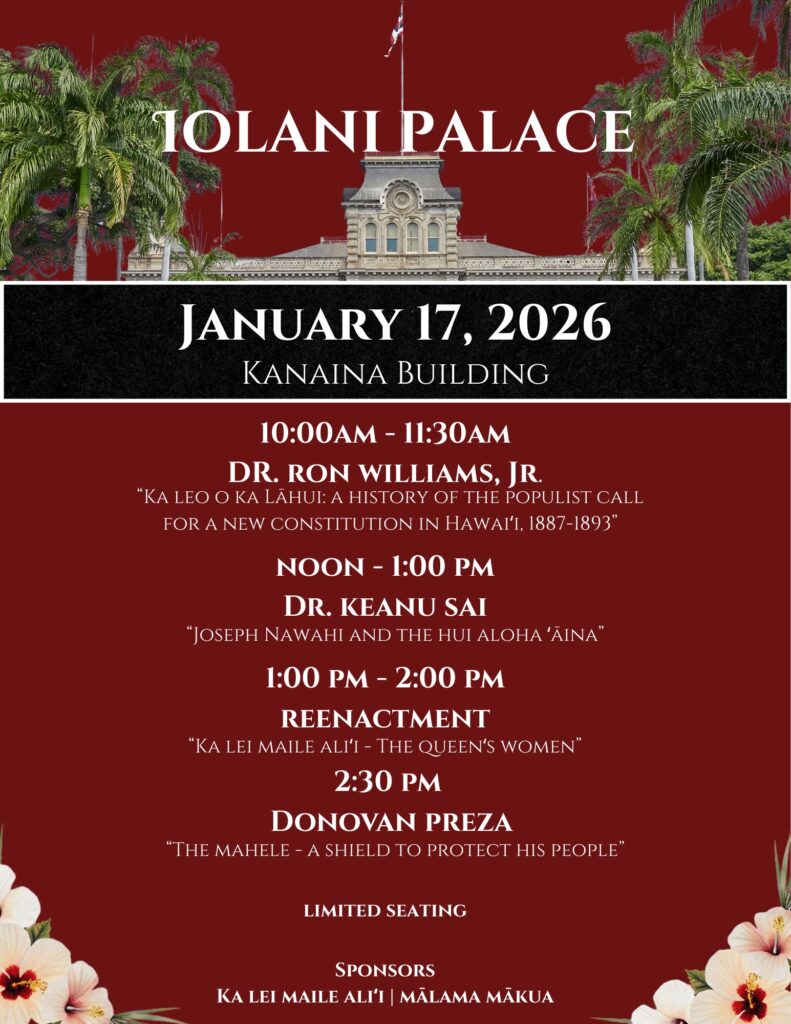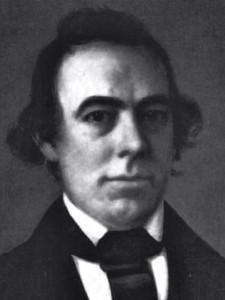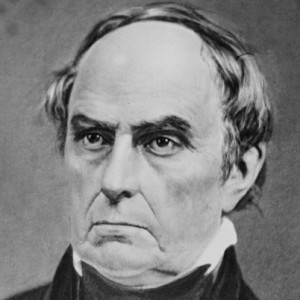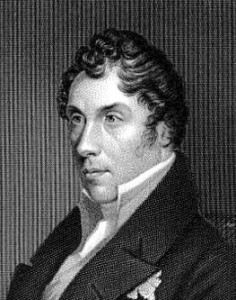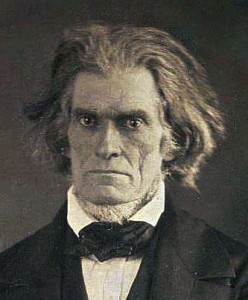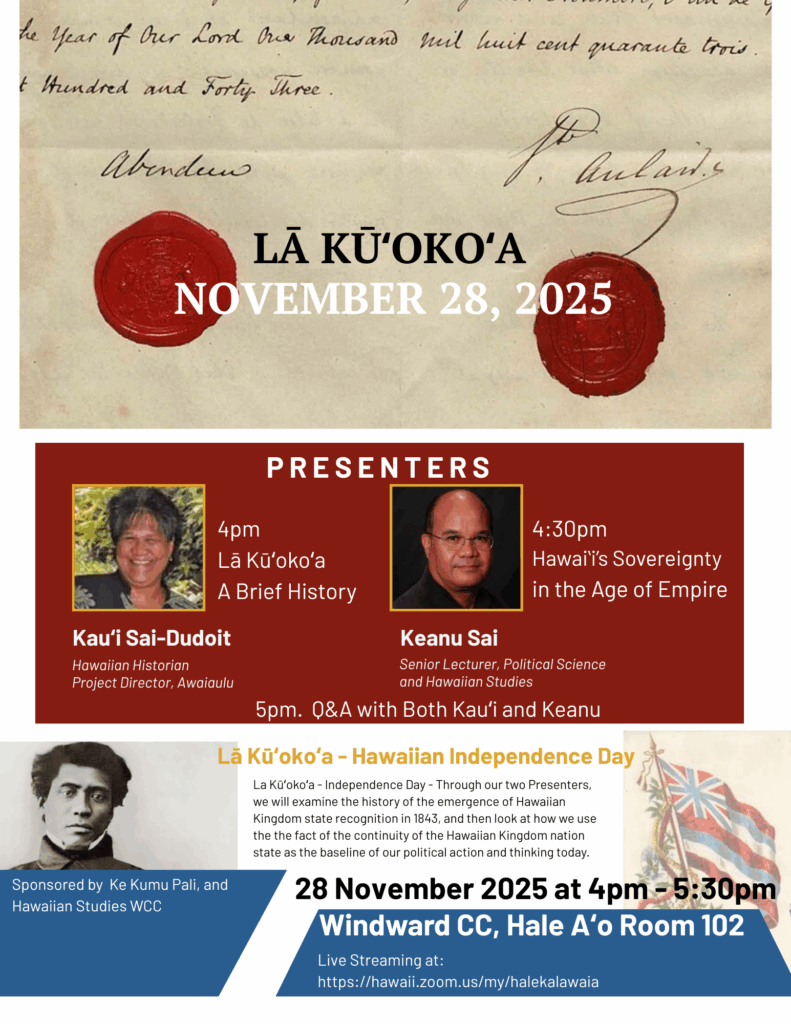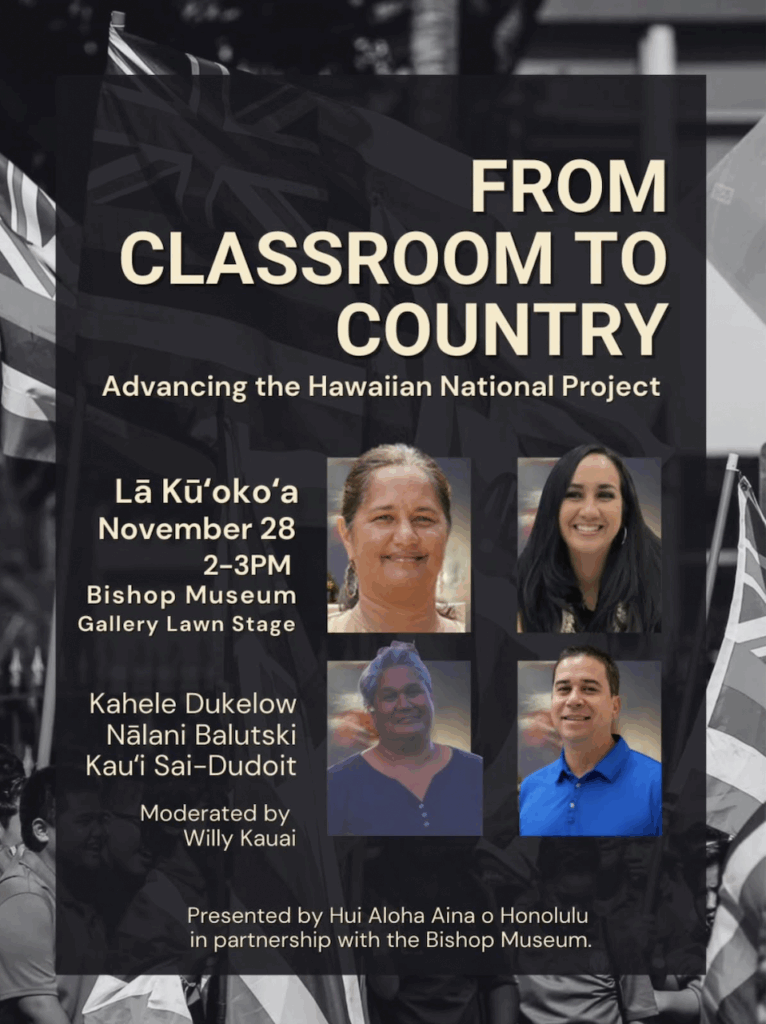FOR IMMEDIATE RELEASE
February 16, 2026
Today, the Council of Regency, as interim government of the Hawaiian Kingdom, filed its Motion for Leave to File Supplemental Brief in Support of Motion for Reconsideration with the United States District Court for the District of Hawai‘i, seeking permission of Judge Micah Smith to file its supplemental brief in support of its motion for reconsideration.
The Hawaiian Kingdom explains that the supplemental brief provides vital case law, analysis and context necessary for Judge Smith’s consideration regarding its motion for reconsidering its decision that the Hawaiian Kingdom’s motion to intervene raises the political question doctrine, which prevents the federal court from accepting the filing. The political question doctrine only arises if the United States executive branch has not recognized the sovereignty of a country such as Palestine.
In its motion for reconsideration, the Hawaiian Kingdom provided clear and irrefutable evidence that the United States recognized the continued existence of the Hawaiian Kingdom as a State since the nineteenth century and the Council of Regency as its government by an executive agreement, which is a treaty under international law. As explained in the Hawaiian Kingdom’s motion for reconsideration, this executive agreement granted the United States access to all records and pleadings of the Larsen case at the Permanent Court of Arbitration. The Hawaiian Kingdom also provided clear evidence that the United States, along with the other 126 Contracting States to the Permanent Court of Arbitration, also recognized the Hawaiian Kingdom and the Council of Regency under customary international law—opinio juris.
The Hawaiian Kingdom’s supplemental brief covered two additional areas for Judge Smith to consider. First, the significance of the 1937 decision by the U.S. Supreme Court, in United States v. Belmont, on executive agreements, and second, the legal status of the Kamehameha Schools trust under Hawaiian Kingdom law, but the legal status of the current administration of the trust under American law, which is a war crime under international law.
United States v. Belmont (1937)
In its supplemental brief, the Hawaiian Kingdom drew attention to the circumstances of the Supreme Court’s decision in United States v. Belmont, which is similar in circumstance to the Hawaiian Kingdom’s executive agreement with the United States. In Belmont, the Supreme Court stated:
We take judicial notice of the fact that, coincident with the assignment set forth in the complaint, the President recognized the Soviet Government.
The assignment was effected by an exchange of diplomatic correspondence between the Soviet Government and the United States. The purpose was to bring about a final settlement of the claims and counterclaims between the Soviet Government and the United States, and it was agreed that the Soviet Government would take no steps to enforce claims against American nationals, but all such claims were released and assigned to the United States, with the understanding that the Soviet Government was to be duly notified of all amounts realized by the United States from such release and assignment.
And in respect of what was done here, the Executive had authority to speak as the sole organ of that government. The assignment and the agreements in connection therewith did not, as in the case of treaties, as that term is used in the treaty-making clause of the Constitution (Art. II, § 2), require the advice and consent of the Senate.
We held that, although this might not be a treaty requiring ratification by the Senate, it was a compact negotiated and proclaimed under the authority of the President, and as such was a “treaty” within the meaning of the Circuit Court of Appeals Act, the construction of which might be reviewed upon direct appeal to this court.
Like the assignment being effected by the executive agreement with the Soviet Government, the permission for the United States to access all records and pleadings in the Larsen case was effected by the executive agreement with the Hawaiian Kingdom Government. Coincident to both executive agreements was the United States recognition of the Soviet Government and the Hawaiian Kingdom Government.
Kamehameha Schools established under Hawaiian Kingdom law
By her last Will and Testament dated October 31, 1883, with two codicils dated October 4, 1884, and October 9, 1884, Bernice Pauahi Bishop established a mandate “to erect and maintain in the Hawaiian Islands two schools, each for boarding and day scholars, one for boys and one for girls, to be known as, and called the Kamehameha Schools,” and “to devote a portion of each years income to the support and education of orphans, and others in indigent circumstances, giving the preference to Hawaiians of pure or part aboriginal blood.” She also told her husband, Charles Reed Bishop who became Chair of the Trustees, that aboriginal Hawaiians should have preference in admission. He stated this in his speech at the first Founder’s Day celebration in 1888.
The Will with two codicils were admitted to probate by the Supreme Court of the Hawaiian Kingdom on December 2, 1884. According to article fourteen of the will, she designated Charles R. Bishop, Samuel M. Damon, Charles M. Hyde, Charles M. Cooke, and William O. Smith to be her trustees. On March 4, 1885, these individuals accepted their duties as trustees. The Will provides “that vacancies shall be filled by the choice of a majority of the Justices of the Supreme Court,” and that annual reports “of all receipts and expenditures, and of the condition of said schools,” shall be made “to the Chief Justice of the Supreme Court, or the highest judicial officer in the country.”
After President Grover Cleveland completed a presidential investigation into the overthrow of the Government of the Hawaiian Kingdom by United States troops on January 17, 1893, he sent a message to the Congress that the insurgency calling itself the provisional government was “neither a government de facto [in fact] nor de jure [in law],” and that it “owes its existence to an armed invasion by the United States.” The President entered into an executive agreement with the Queen where he committed that the United States would reinstate the Queen in office as the Executive Monarch, and the Queen committed that after she’s reinstated she’ll grant amnesty to the insurgents. Due to political wrangling in the Congress, however, the President was unable to carry out its obligation under the executive agreement, which is a treaty under international law, and the insurgents did not receive amnesty.
On July 4, 1894, the insurgency changed its name from the provisional government to the Republic of Hawai‘i and continued to seek annexation by the United States. On March 4, 1897, President Cleveland was succeeded by President William McKinley. President McKinley’s administration favored annexing the Hawaiian Islands for military purposes. At the height of the Spanish-American War, the Congress enacted a joint resolution of annexation on July 6, 1898, and President McKinley signed it into law the following day. The underlying problem is that any law enacted by the Congress has no effect beyond the borders of the United States. Only by means of a treaty with the Hawaiian Kingdom, not with the insurgents, could the United States acquire Hawaiian sovereignty and territory. A joint resolution is not a treaty. Regarding the limits of American laws, the Supreme Court, in Belmont, stated, “our Constitution, laws and policies have no extraterritorial operation unless in respect of our own citizens.”
In 1988, the Department of Justice Office of Legal Counsel (OLC), in a legal opinion, concluded that it is “unclear which constitutional power Congress exercised when it acquired Hawaii by joint resolution. Accordingly, it is doubtful that the acquisition of Hawaii can serve as an appropriate precedent for a congressional assertion of sovereignty over an extended territorial sea.” The OLC stated:
The constitutionality of the annexation of Hawaii, by a simple legislative act, was strenuously contested at the time both in the Congress and by the press. The right to annex by treaty was not denied, but it was denied that this might be done by a simple legislative act…Only by means of treaties, it was asserted, can the relations between States be governed, for a legislative act is necessarily without extraterritorial force—confined in its operation to the territory of the State by whose legislature it is enacted.
On April 30, 1900, the Congress renamed the Republic of Hawai‘i to the Territory of Hawai‘i and began to impose American laws in the Hawaiian Kingdom in violation of international law. In 1959, the Congress renamed the Territory of Hawai‘i to the State of Hawai‘i. The State of Hawai‘i is the direct successor of the provisional government and their laws, being American laws, have no effect within the territory of the Hawaiian Kingdom. Under international law, the imposition of American laws is a war crime called usurpation of sovereignty during military occupation.
Usurpation of sovereignty during military occupation was listed as a war crime in 1919 by the Commission on Responsibilities of the Paris Peace Conference that was established by the Allied and Associated Powers at war with Germany and its allies during the First World War. The Commission was especially concerned with acts perpetrated in occupied territories against non-combatants and civilians. Usurpation of sovereignty during military occupation is the imposition of the laws and administrative policies of the Occupying State over the territory of the Occupied State. The crime of usurpation of sovereignty during military occupation was referred to by Judge Blair of the American Military Commission in a separate opinion in the Justice Case, holding that this “rule is incident to military occupation and was clearly intended to protect the inhabitants of any occupied territory against the unnecessary exercise of sovereignty by a military occupant.”
Because the Queen was not reinstated and the insurgency did not receive amnesty, the Bishop Estate was incapable of operating after January 17, 1893, because the majority of its trustees were insurgents. Furthermore, the Will only provides for the appointment of trustees to be done by the Hawaiian Kingdom Supreme Court and no other. When Charles Hyde, one of the trustees, died October 13, 1898, the Territory of Hawai‘i Supreme Court appointed Alfred W. Carter his successor on January 6, 1900. First, the Territorial Supreme Court is not the Hawaiian Kingdom Supreme Court, and second, Walter F. Frear and William A. Whiting who appointed Carter were insurgents and members of the provisional government. All appointments of trustees after January 17, 1893, were not in accordance with the Will of Bernice Pauahi Bishop, and the operation of Bishop Estate under American law did not affect or change the Estate as it stood on January 17th. The Bishop Estate lapsed into abeyance on January 17, 1893.
The current Trustees of the Kamehameha Schools were all appointed by the State of Hawai‘i Probate Court under American law. Their appointment of Jack Wong as Chief Executive Officer in 2014 was made by Trustees appointed under American law but the Kamehameha Schools trust is under Hawaiian Kingdom law. In its supplemental brief, the Hawaiian Kingdom explained that the current standing of the administration of Kamehameha Schools can be remedied under the provisional laws of the Hawaiian Kingdom so long as the selection of trustees by a probate court are not inconsistent with Hawaiian Kingdom law.
On October 10, 2014, the Council of Regency proclaimed the provisional laws of the Hawaiian Kingdom. The Proclamation stated, “And we do hereby proclaim from the date of this proclamation all laws that have emanated from an unlawful legislature since the insurrection began on July 6, 1887 to the present, to include United States legislation, shall be the provisional laws of the Realm subject to ratification by the Legislative Assembly of the Hawaiian Kingdom once assembled, with the express proviso that these provisional laws do not run contrary to the express, reason and spirit of the laws of the Hawaiian Kingdom prior to July 6, 1887, the international laws of occupation and international humanitarian law, and if it be the case they shall be regarded as invalid and void.”
The obligatory nature of this Proclamation is expressed in section 6 of the Hawaiian Civil Code that states:
The laws are obligatory upon all persons, whether subjects of this kingdom, or citizens or subjects of any foreign State, while within the limits of this kingdom, except so far as exception is made by the laws of nations in respect to Ambassadors or others. The property of all such persons, while such property is within the territorial jurisdiction of this kingdom, is also subject to the laws.”
The Council of Regency would consider that the selection of Kamehameha Schools Trustees by a State of Hawai‘i Probate Court, and not the Supreme Court, “do not run contrary to the express, reason and spirit of the laws of the Hawaiian Kingdom prior to July 6, 1887, the international laws of occupation and international humanitarian law” given the circumstances for that change.
The Council of Regency is represented by Hawaiian attorney Edward Halealoha Ayau of the Law Office of Edward Halealoha Ayau.
MEDIA CONTACT:
Dr. David “Keanu” Sai, Ph.D.
Chairman of the Council of Regency
Acting Minister of the Interior
Acting Minister of Foreign Affairs ad interim
Email: interior@hawaiiankingdom.org

